Normal Alphabet Worksheets for Ages 6-9
223 filtered results
-
From - To
Explore our engaging Normal Alphabet Worksheets designed specifically for children ages 6-9. Our worksheets provide fun and interactive ways for your child to master the alphabet, enhance their reading and writing skills, and build a strong literacy foundation. Each worksheet features colorful illustrations and playful activities that make learning enjoyable and effective. Perfect for both classroom and at-home learning, these resources encourage kids to trace, recognize, and write letters with confidence. Help your child embark on a successful literacy journey with our expertly crafted Alphabet Worksheets, available at Kids Academy.
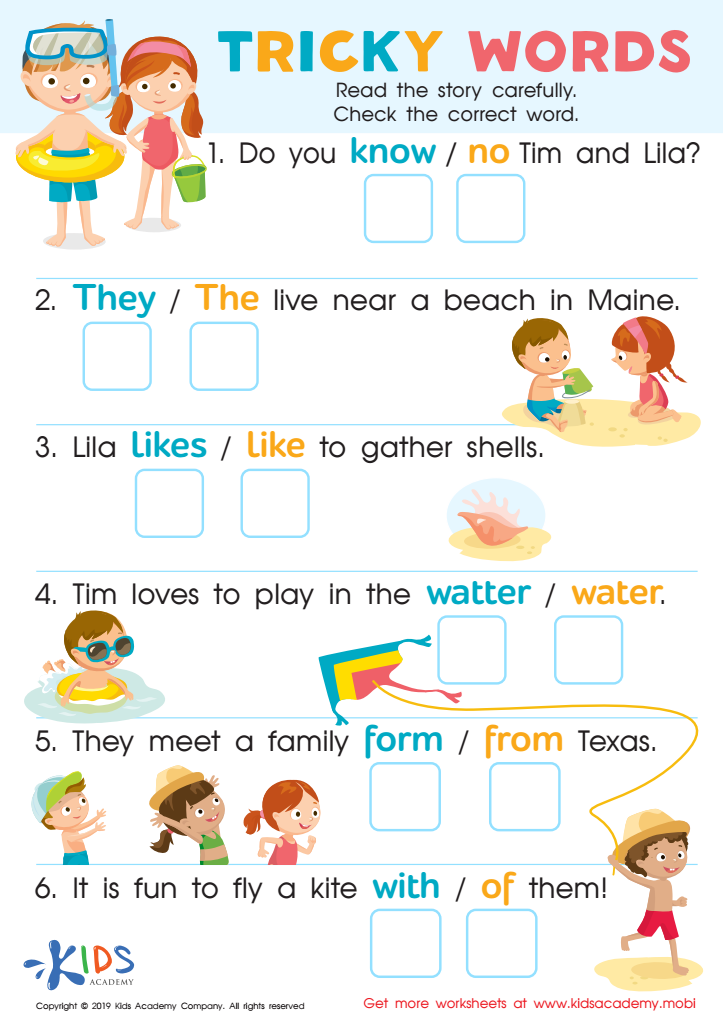

Tricky Words Worksheet
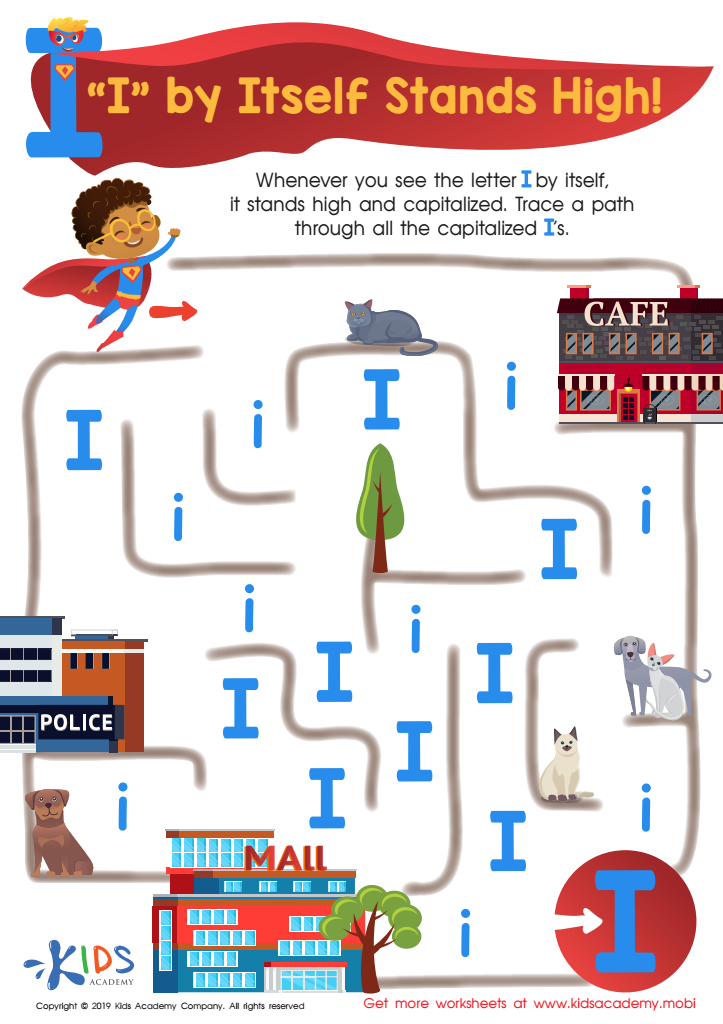

I Stands High Worksheet
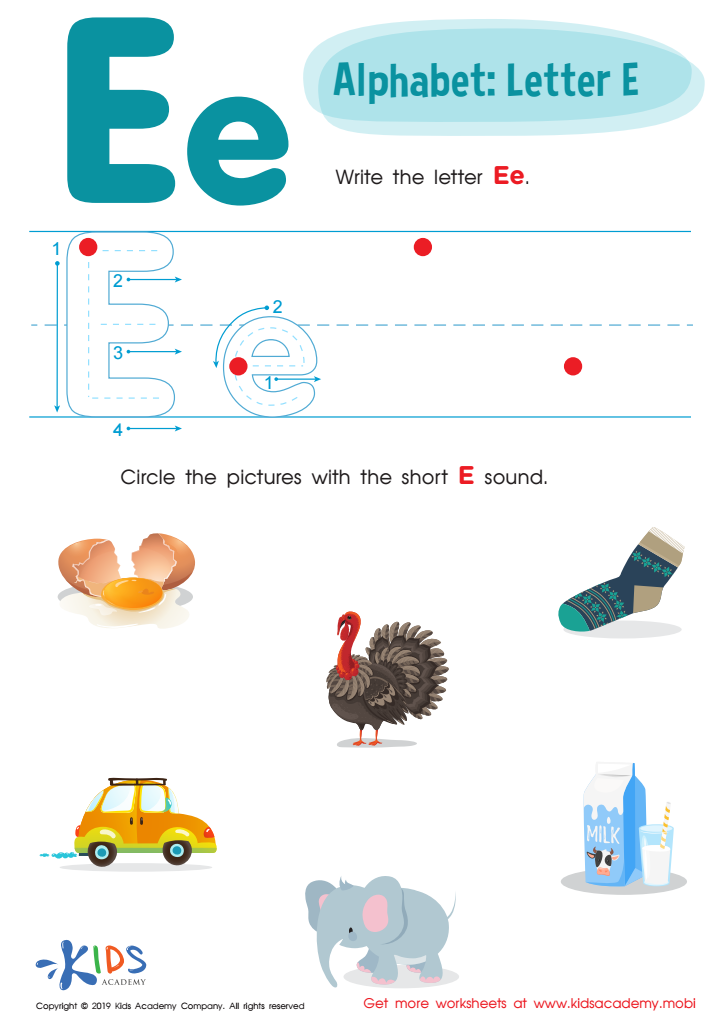

Letter E Tracing Worksheet
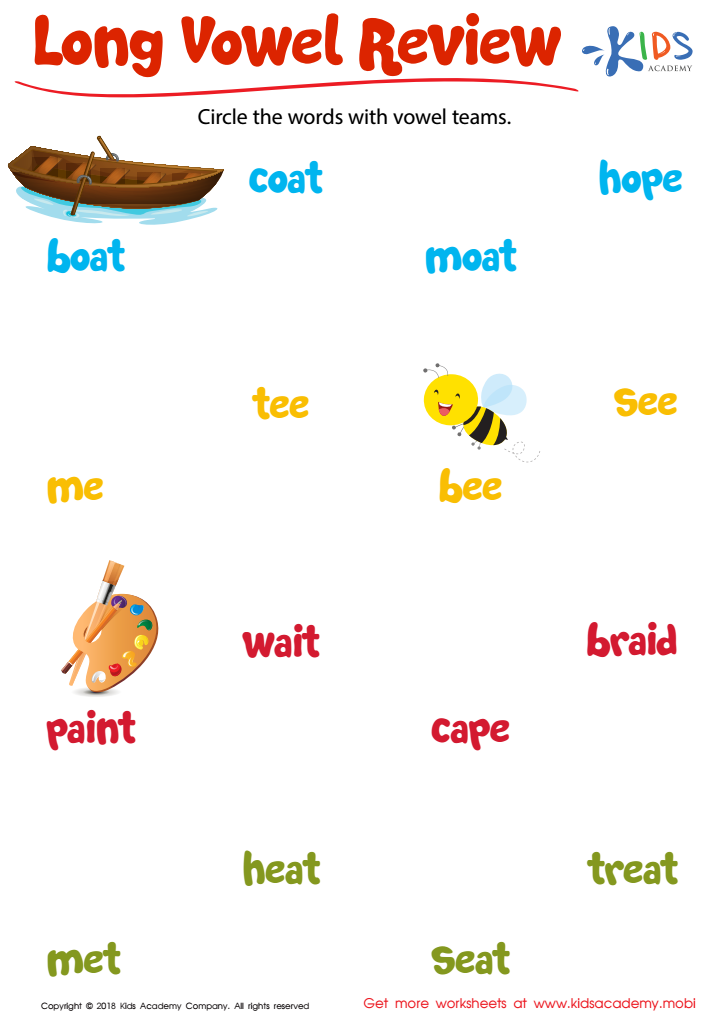

Long Vowel Review Worksheet
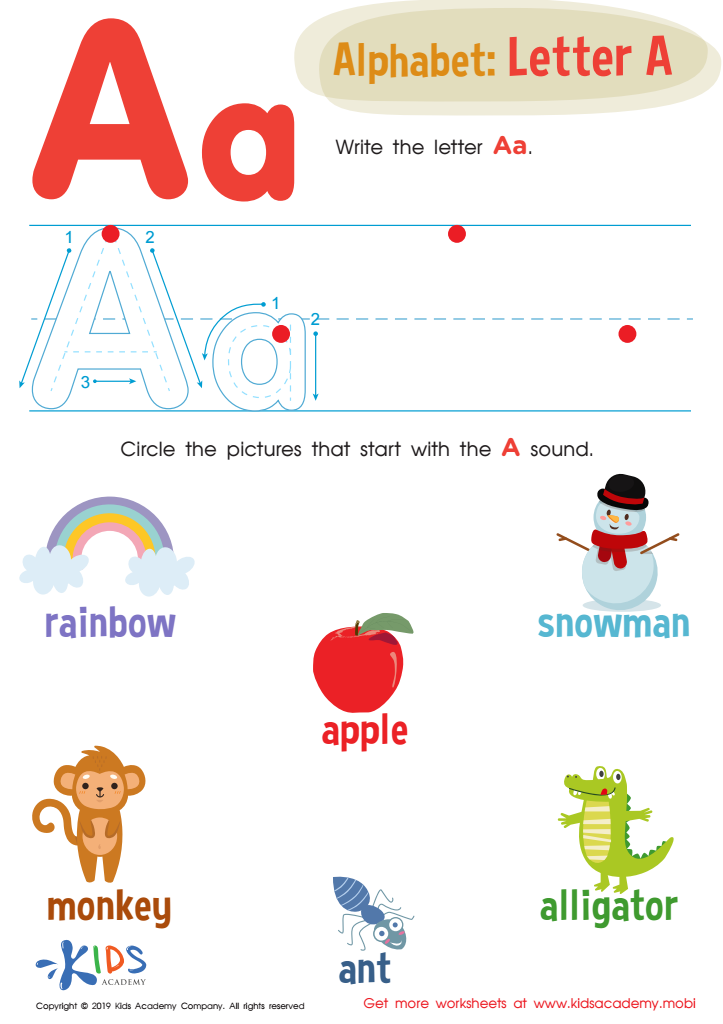

Letter A Tracing Worksheet


Phonics and Word Recognition: Assessment 3 Worksheet


Phonics and Word Recognition: Assessment 2 Worksheet


Phonics and Word Recognition: Assessment 1 Worksheet
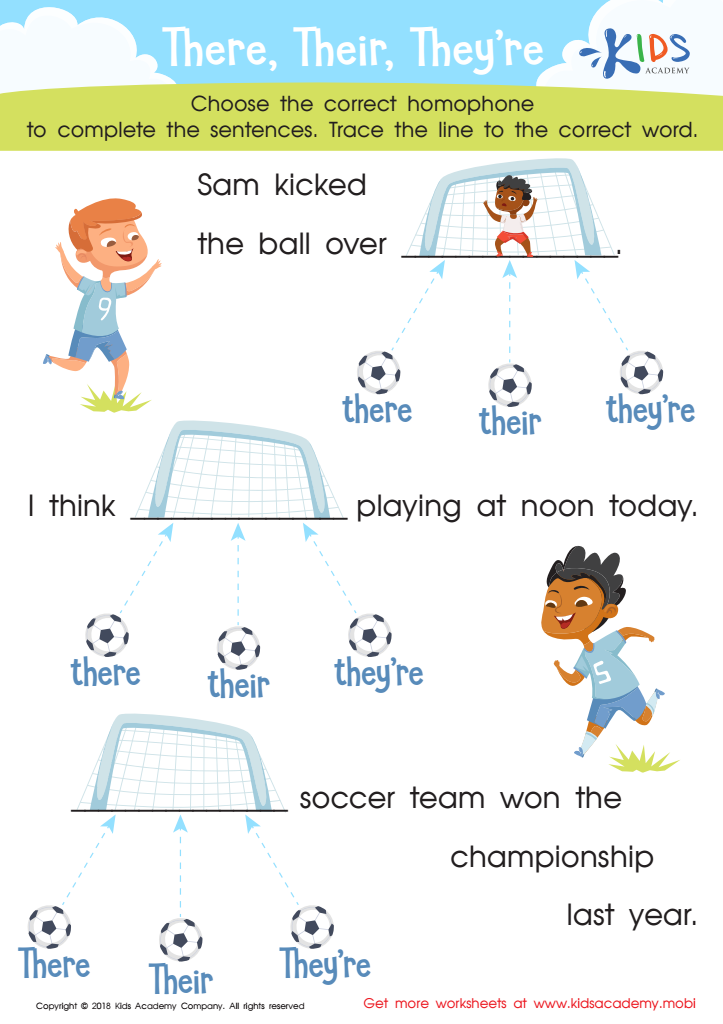

There, Their, They're Worksheet
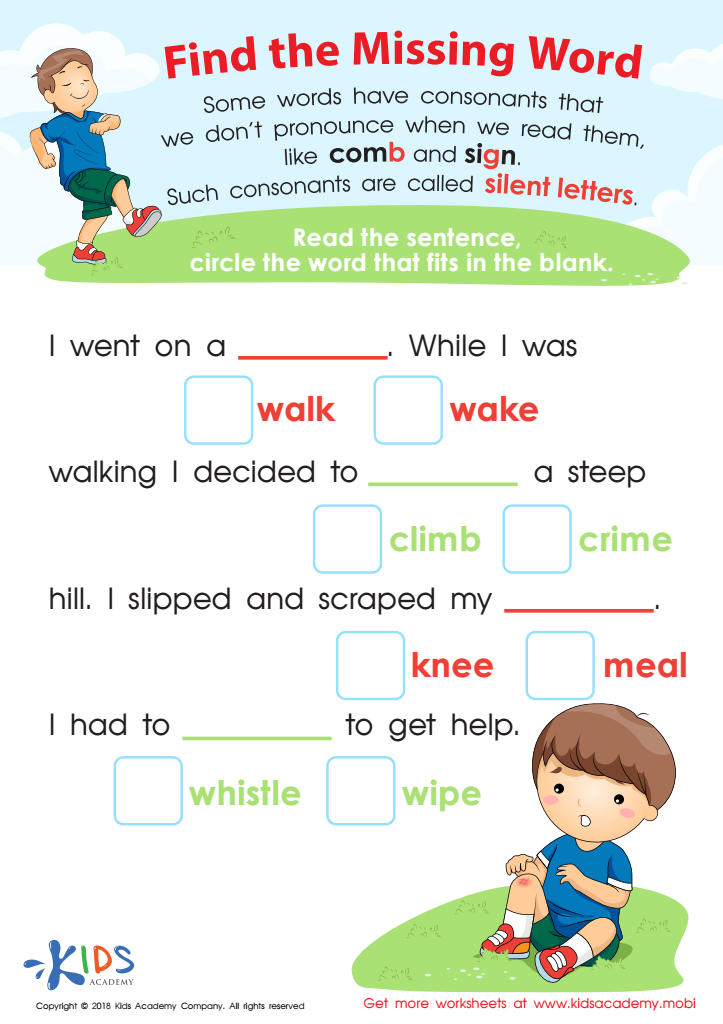

Find The Missing Word Worksheet
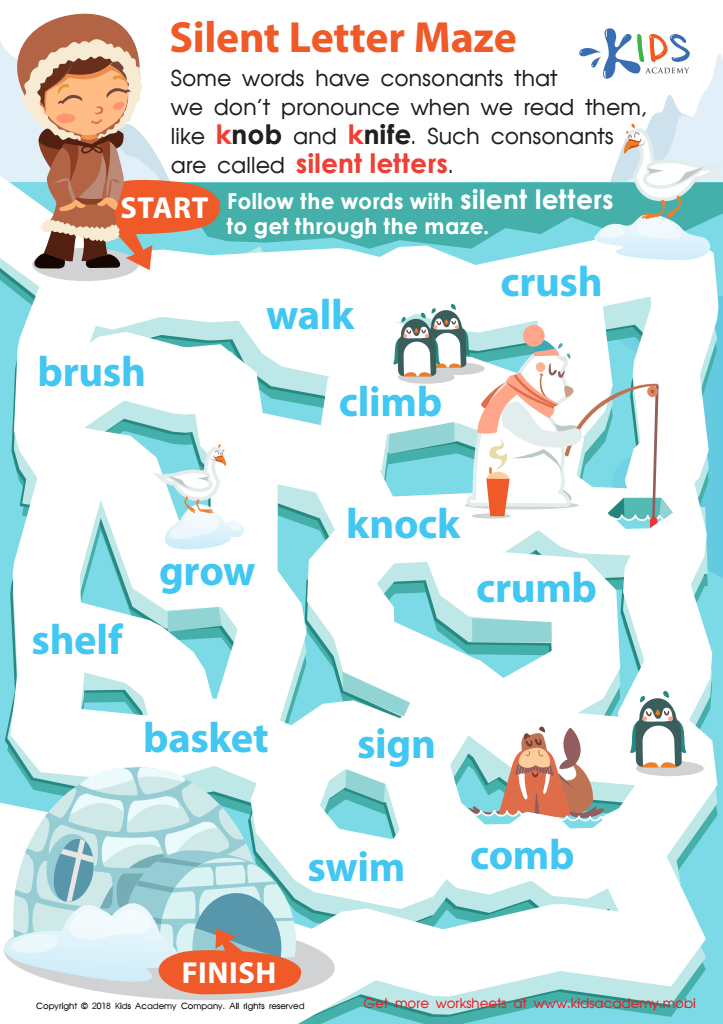

Silent Letter Maze Worksheet
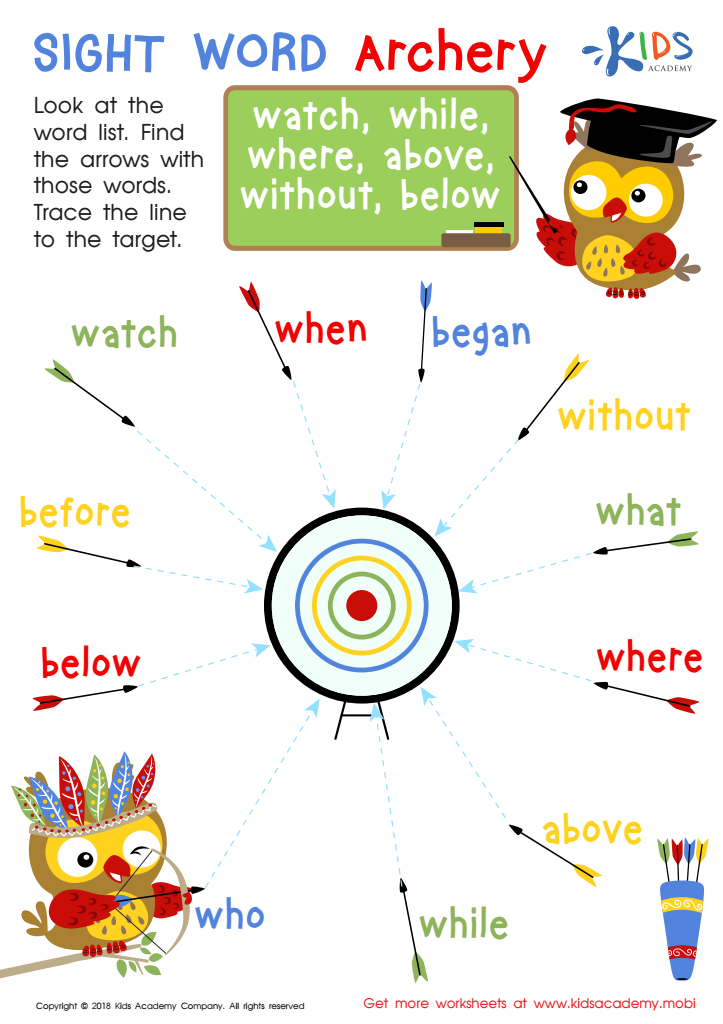

Sight Word Archery Worksheet
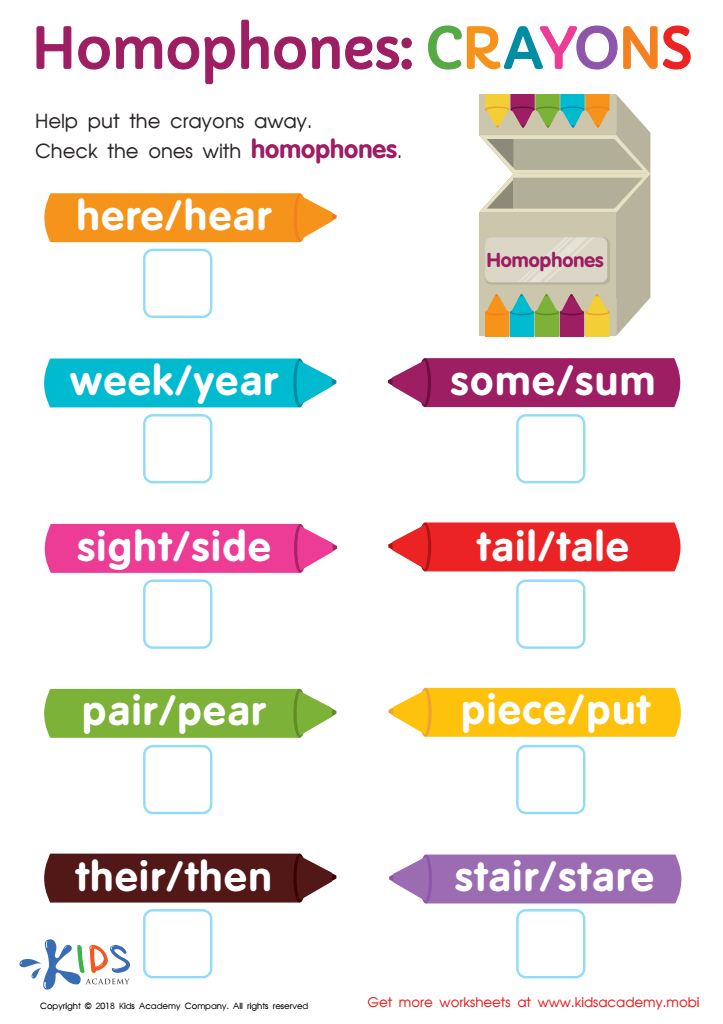

Homophones: Crayons Worksheet
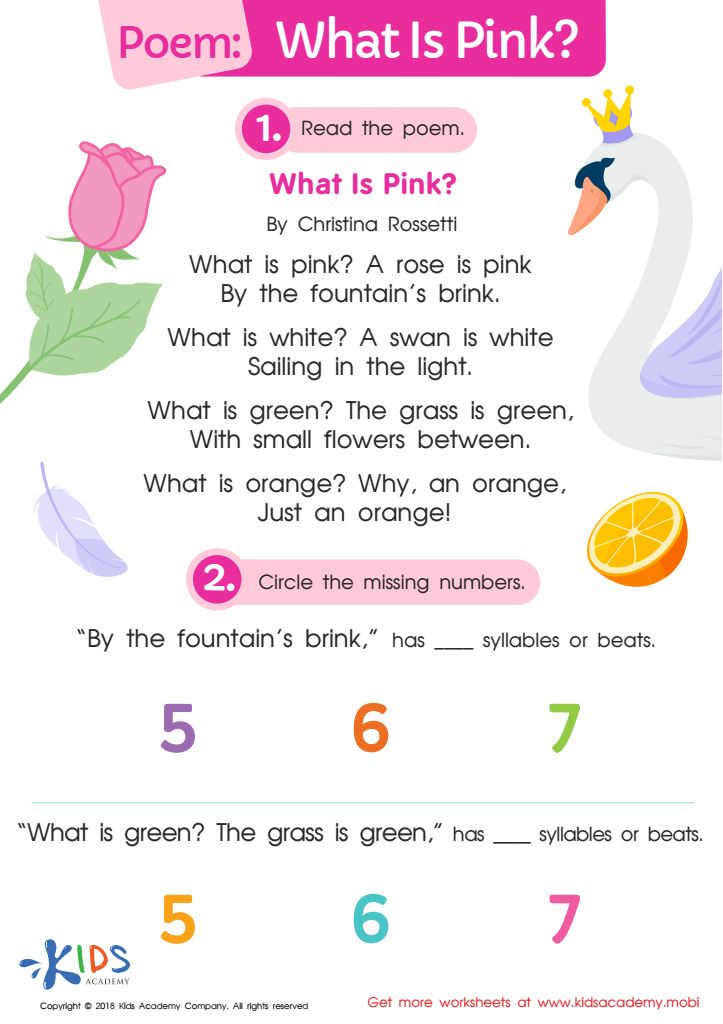

Poem: What Is Pink? Worksheet
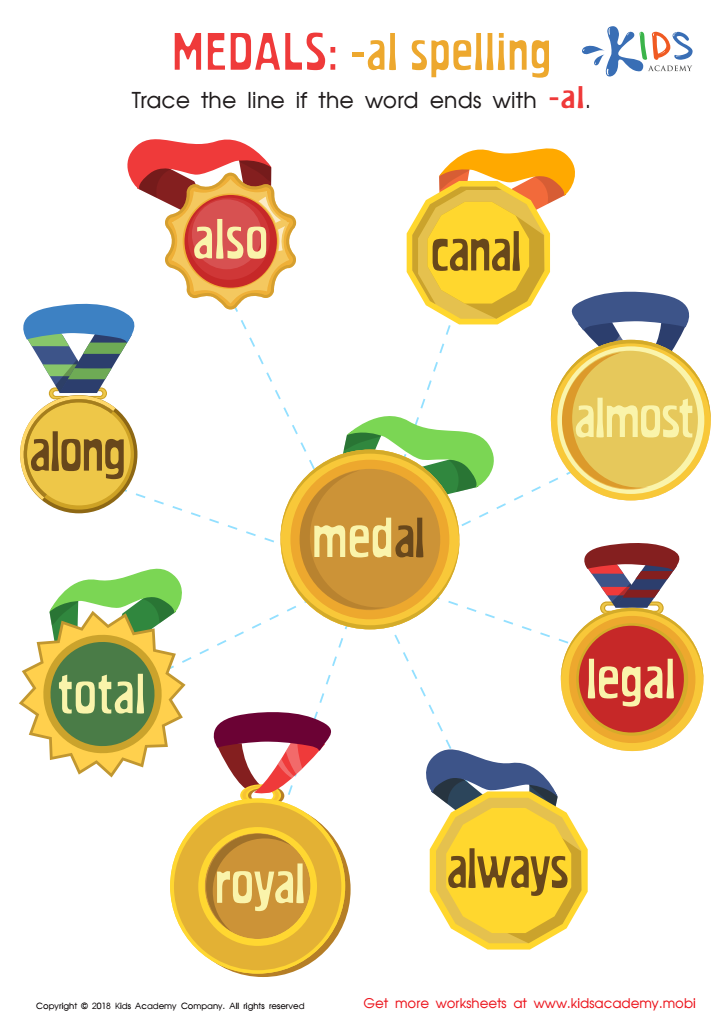

Medals: Al Spelling Worksheet
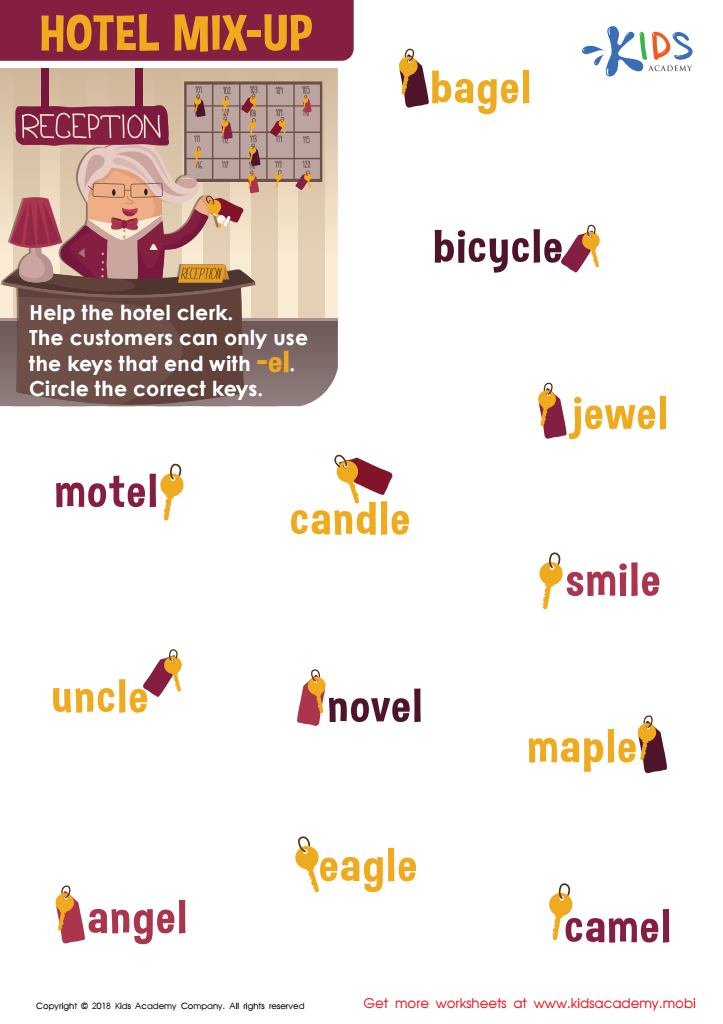

Hotel Mix-up Worksheet
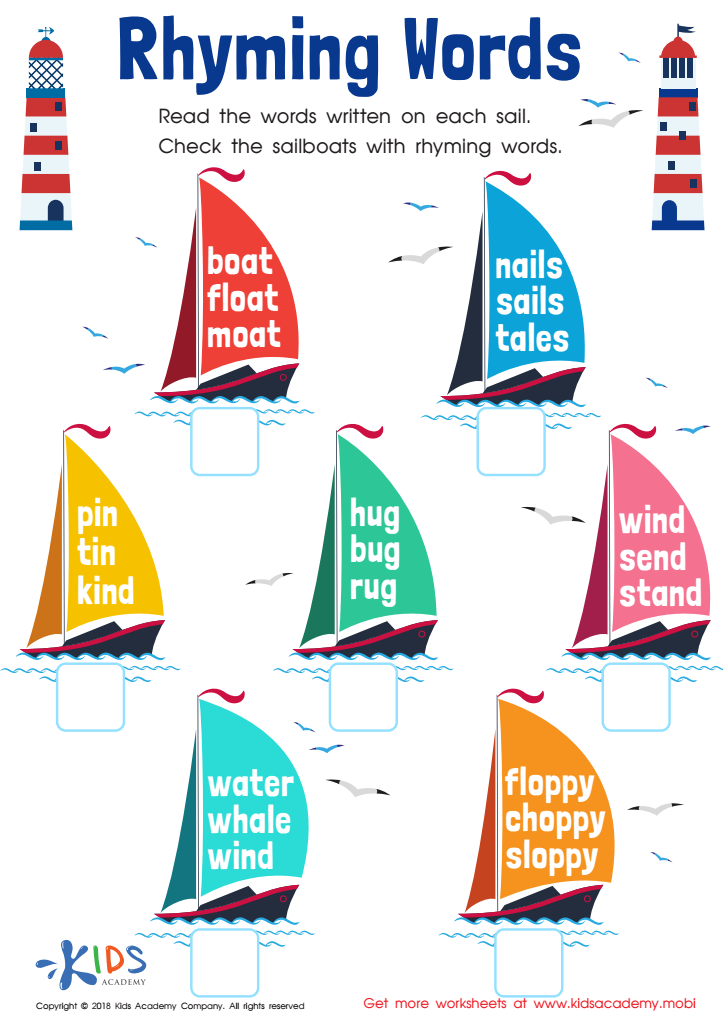

Rhyming Words Worksheet
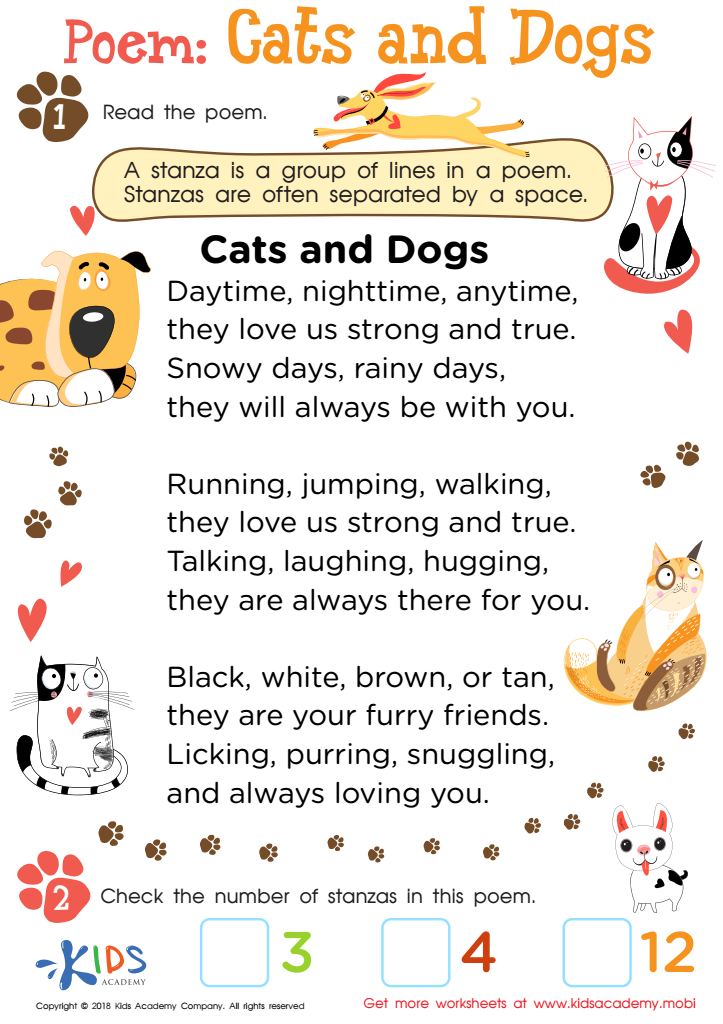

Poem: Cats and Dogs Worksheet
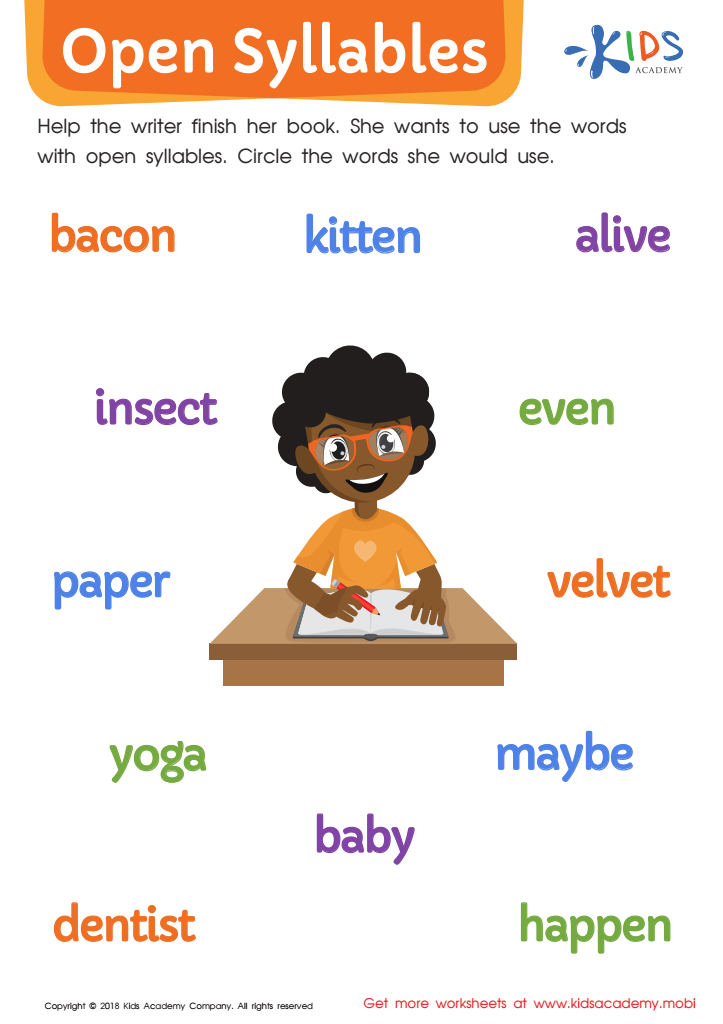

Open Syllables Worksheet
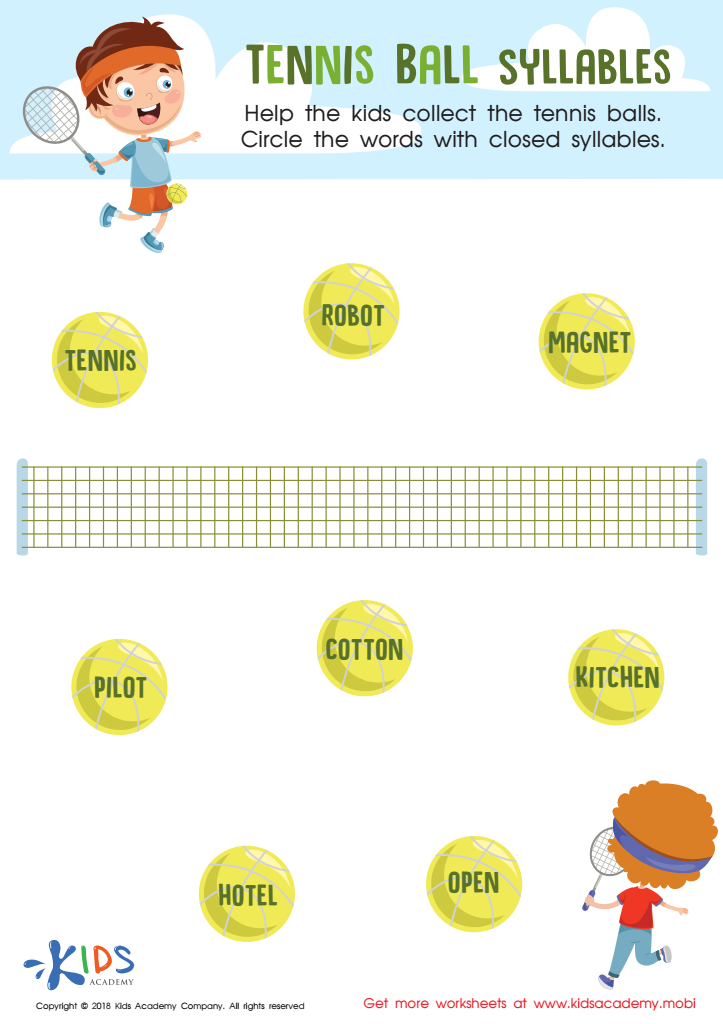

Tennis Ball Syllables Worksheet
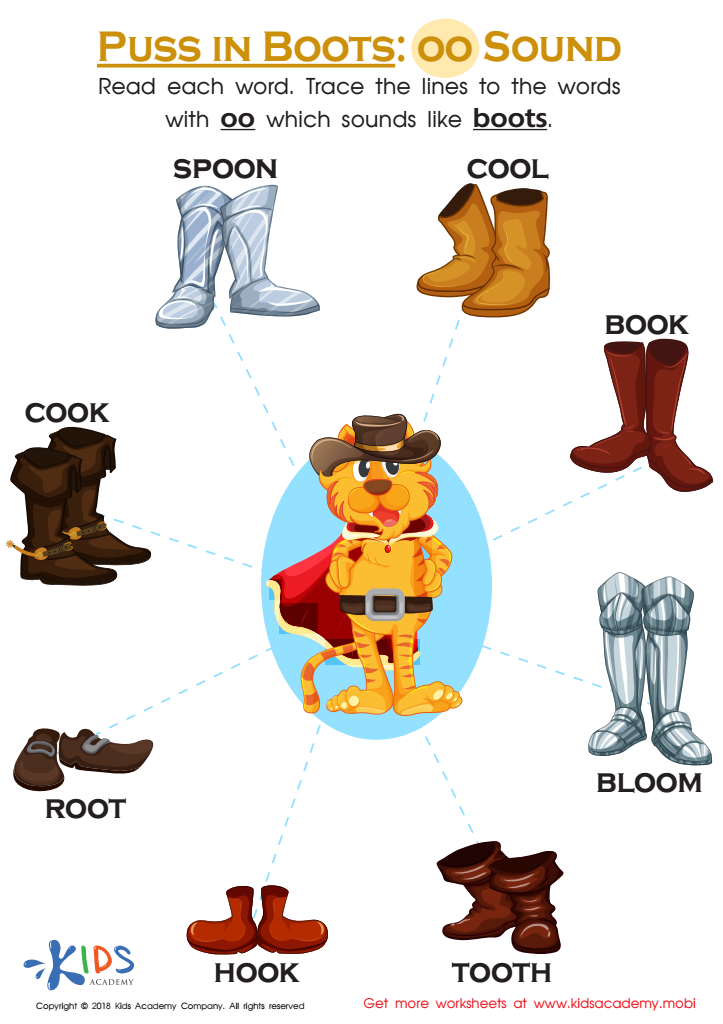

Puss in Boots: OO Sound Worksheet


Rhymes in Poems Worksheet
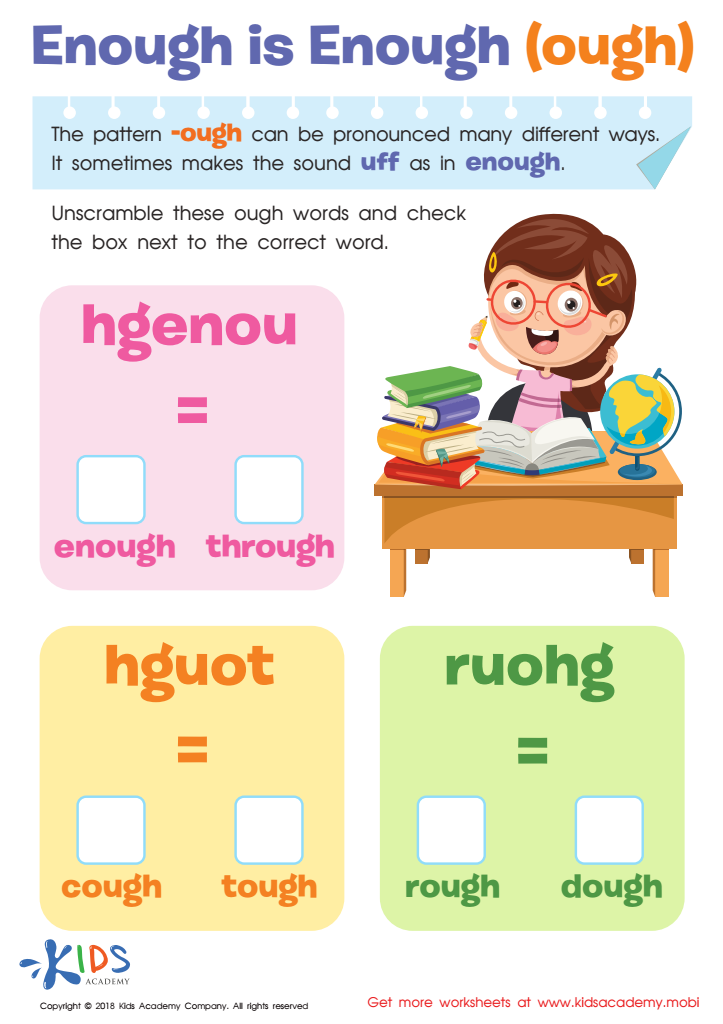

Enough Is Enough (ough) Worksheet
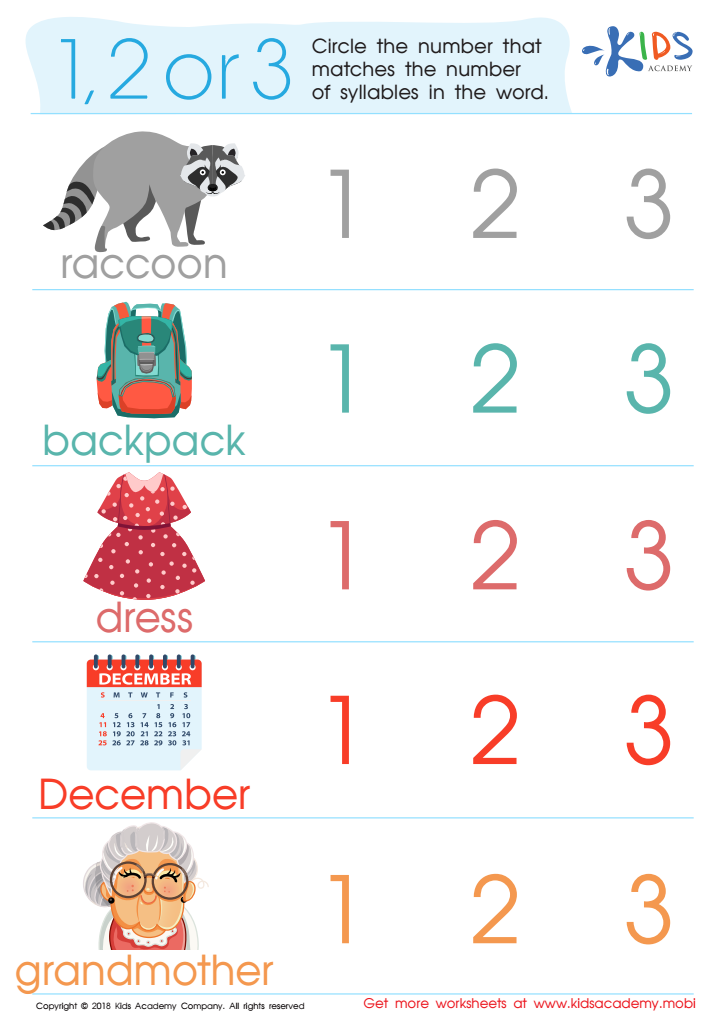

1, 2 or 3? Worksheet
Parents and teachers should pay attention to the normal alphabet instruction for children ages 6-9 because this stage is crucial for foundational literacy development. Mastery of the alphabet lays the groundwork for reading, writing, and comprehensive communication skills. It is during these early years that children transition from recognizing letters to understanding their associated sounds and eventually decoding words.
A solid grasp of the alphabet aids in phonemic awareness, paramount for reading success. Each letter's sound helps children decode unfamiliar words and build a robust vocabulary. Moreover, understanding alphabetical order enhances organizational skills, useful for dictionary use and other reference tools.
For parents, reinforcing alphabet knowledge at home through engaging activities like storytelling, games, and hands-on practice supports school learning, fostering a positive, collaborative educational environment. Teachers, in nurturing this early literacy, can identify and provide timely support for children struggling with reading difficulties or dyslexia, ensuring no child is left behind.
Ultimately, early mastery of the alphabet sets children on a path toward academic success, boosts their confidence, and cultivates a lifelong love for reading. Investing time and resources into this foundational skill benefits children's overall cognitive development, critical thinking, and future educational achievements.

 Assign to the classroom
Assign to the classroom











